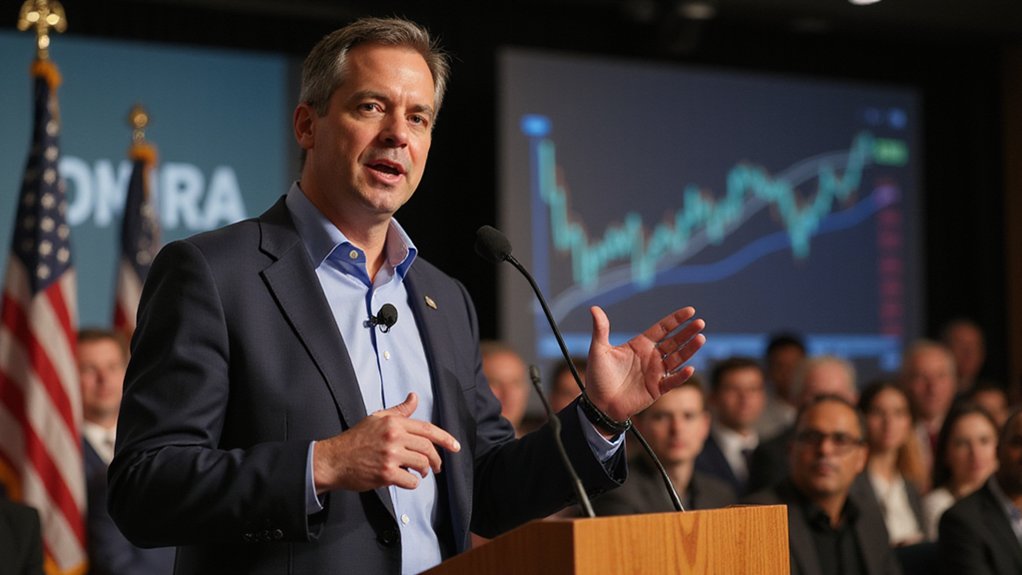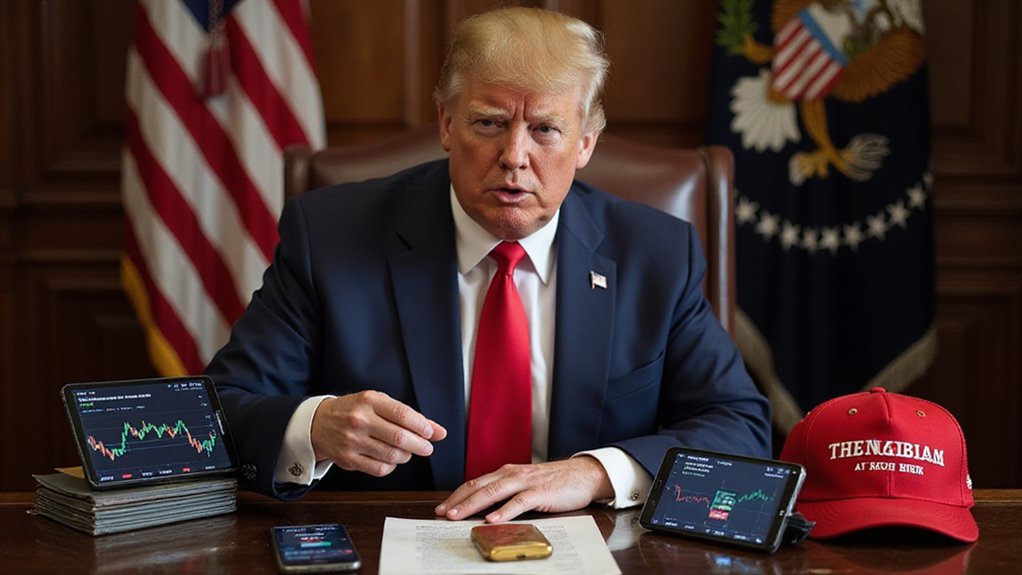In a bold proclamation that could reshape the digital asset landscape, venture capitalist David Sacks has forecasted the imminent triumph of stablecoin legislation—specifically the GENIUS Act—which recently cleared a key Senate hurdle with surprising bipartisan support. The bill, formally titled the Guiding and Establishing National Innovation for U.S. Stablecoins Act, advanced with 66 senators voting in favor, including 15 Democrats, demonstrating rare cross-party consensus in today’s fractious political environment.
The implications of this regulatory framework extend far beyond mere compliance measures. Sacks, a key advisor in Trump’s administration, anticipates the legislation could trigger trillions of dollars in demand for U.S. Treasuries “practically overnight”—a financial tsunami that would reinforce the dollar’s global supremacy rather than undermine it. This assessment aligns with Federal Reserve Governor Christopher Waller‘s view that stablecoins represent a net addition to the U.S. payment system. The bill includes ethics standards for special government employees like Sacks himself and entrepreneur Elon Musk, addressing concerns about potential conflicts of interest. The proposed legislation builds upon the administration’s vision for a bicameral crypto committee tasked with developing comprehensive federal regulatory frameworks for digital assets.
Stablecoin legislation promises to flood Treasury markets with capital, cementing dollar dominance in the digital economy.
With the current stablecoin market capitalization hovering around $233 billion—97% of which is pegged to the U.S. dollar—the potential economic impact is substantial. Tether’s USDT dominates this space with over 60% market share, operating in a regulatory gray area that the GENIUS Act aims to clarify. The legislation would establish “regulatory rails” ensuring proper backing and stability for these digital assets.
The Trump family’s financial interests in the sector have raised eyebrows, particularly their backing of World Liberty Financial’s USD1 stablecoin, which recently received a $2 billion investment from Abu Dhabi’s MGX fund. Despite these connections, the bipartisan momentum suggests the bill transcends narrow political interests.
For the $200 billion unregulated stablecoin market, passage of the GENIUS Act would provide long-sought legal clarity while potentially unleashing massive new investment opportunities. The growing adoption of stablecoins in emerging markets further underscores their importance to global finance. As the bill progresses through legislative channels, its success could establish the United States as the regulatory gold standard for digital assets—an ironic twist for a technology initially conceived to operate beyond governmental oversight.









